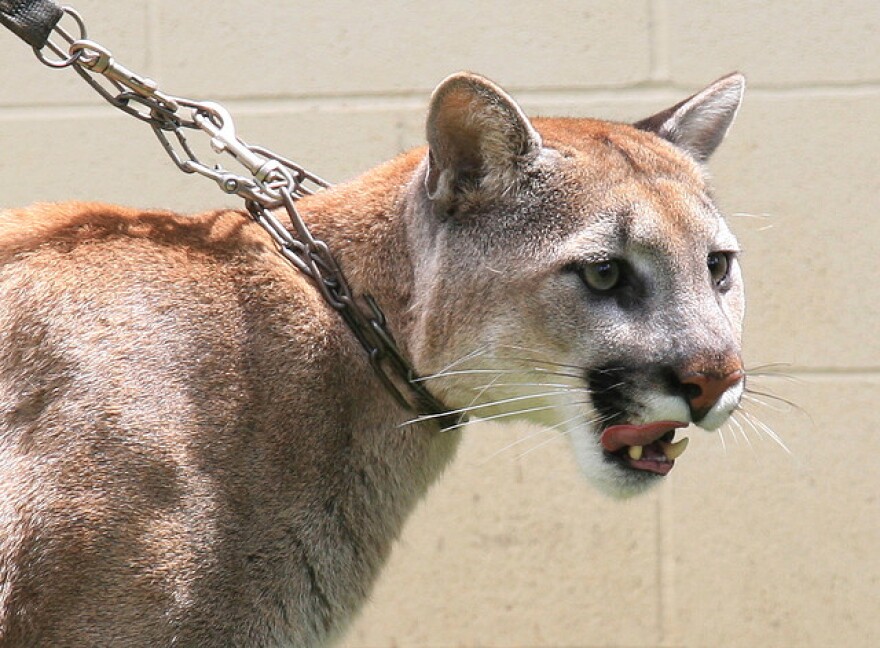Whether you want a monkey or tiger as a pet, it is against the law to own them. Many other dangerous animals, such as bears and tigers, are also illegal to own, as they are highly dangerous. It is also against the law to keep a venomous snake. This is because wild animals are naturally free-living creatures with needs and instincts tied to their natural habitat. Forcing such animals into captivity is incredibly cruel and inhumane.
Hazards of keeping an animal as a pet
There are a number of hazards associated with keeping wild or exotic animals as pets. Some of these animals can be physically dangerous, while others can transmit diseases to humans. Many of these pets also carry parasites. Keeping wild animals as pets is extremely dangerous, and if you are not careful, you could end up with an unwanted pest in your home. In California, it is illegal to own wild animals, and if you want to keep an animal as a pet, you must be licensed and have the proper permits.
Many exotic animals carry zoonotic diseases that can infect humans. Some of these diseases are deadly to humans or can cause disease in other animals. Salmonella, for example, is spread by ninety percent of all reptiles. Other exotic animals can be infected with the Herpes B virus. In humans, Herpes B is deadly. In addition, parrots can transmit salmonellosis, a disease that is deadly for humans.
People who keep wild or exotic animals as pets often have no idea of the risks associated with them. Many species are unsuited for life in captivity and may struggle to adapt to their new environment. They may also suffer from a variety of physical and psychological issues. Because they are difficult to understand, many of these pets end up being released, and the owner does not want to deal with them. The risk of a wild animal becoming a pet is extremely high and can be life-threatening for both the animal and the owner.
Permits required
The laws that govern keeping so-called “exotic” animals as pets vary greatly by state, but in most cases you’ll need a permit if you plan on owning any type of animal. For example, in Georgia, a permit is required for non-domesticated rabbits and wallabies. Even though these animals are not typically considered exotic, the District of Columbia does allow some ownership of them. These animals include dogs, cats, rodents, rabbits, ferrets, racing pigeons, captive birds, and non-venomous snakes.
Permits are required for keeping some types of exotic animals, including cats and dogs. There are also regulations regarding the use of cages and other facilities. A permit for keeping wild or exotic animals is required by your state’s wildlife commission in order to keep the animals in your home. These animals can be a variety of species, including primates, Carnivores, Amphibia, and Canidae.
There are various permits required for importing, breeding, and keeping certain kinds of exotic animals. Some animals, including bears, lions, and tigers, are considered dangerous and cannot be kept in the home. A permit for keeping dangerous animals is also required if you plan to breed the animals. Exotic animals should be handled by a licensed veterinarian. However, if you’re just starting out with the hobby of keeping exotic animals, a permit is not necessary.
Dangers of keeping a dangerous animal as a pet
Keeping a dangerous animal as a pet has many risks. It’s not only harmful to the owner’s health and well-being, but can also cause harm to the animal itself. The Dangerous Wild Animals Act requires that dangerous wild animals are licensed to be kept as pets. You can obtain this licence from the relevant unitary or district authority. You should also be aware of the possible zoonoses associated with keeping a wild animal as a pet.
One of the major risks involved with having a dangerous animal as a pet is a risk of catching dangerous diseases. Even animals that look tame can be dangerous. If you approach them too closely, they may bite or scratch you. Be especially careful around animals that are sleeping or eating. Also, don’t get near them while they’re playing. Similarly, don’t get near them if they’re nursing – mothers of animals are highly protective and may bite you.
In addition to the physical risks, wild animals can carry zoonotic diseases that can be transmitted to humans. They can also carry parasites. Keeping a wild animal as a pet is a risky endeavor, especially for young children. If you want to keep a wild animal as a pet, make sure that you have the proper permits for it. Also, you should be careful that you know what type of animal you are getting.



